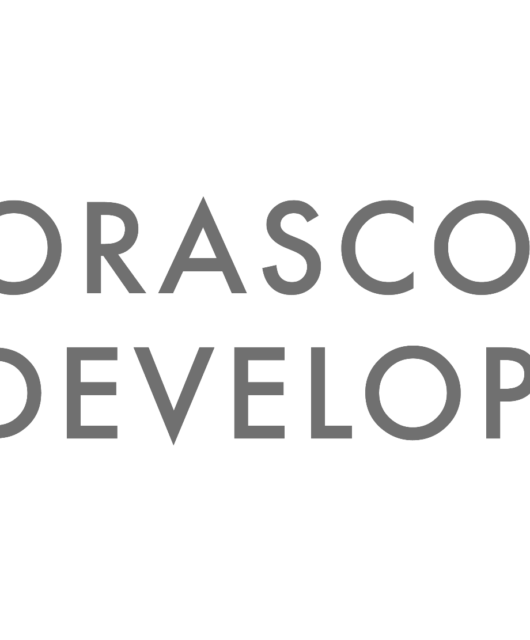|
Analysis of close to 3000 global responses reveals tensions within the industry, with the client–agency relationship under significant strain and frustrated marketers pointing fingers at ‘play-it-safe’ leadership
|
|
Positive growth and increased marketing investment signal a fresh momentum for businesses, with 51% of brand and agency respondents saying they anticipate stronger growth this year
20 March 2024 – LIONS has today released its annual State of Creativity. The seminal piece of research – and the biggest study of its kind – is an insight-led toolkit designed to enable senior marketers to quickly understand the creative landscape with functional advice on how to drive business growth using creativity.
|

The study is titled Communication Breakdown On The Road To Recovery, and Spencer Fox, SVP, Business Lead, Advisory, LIONS said: “This is a unique window into the global creative landscape, and what we’re seeing is that although the sentiment is outwardly optimistic, inwardly the industry is at odds. There’s optimism around progress and investment, but tensions that need to be worked through if we’re going to realise the potential of creativity as a growth driver. Essentially, there’s a communication breakdown.”
In 2023, pressing macroeconomic concerns stifled the creative industry’s ambitions and forced budget cuts, but in 2024, a much more positive tale emerges. Businesses are reporting promising growth and an increase in marketing investment, with 51% of brand and agency respondents saying they anticipate stronger growth this year. However, the opportunity to capitalise on this with groundbreaking creative work might be at risk, with responses revealing two growing tensions driving a wedge between key creativity stakeholders.
This year’s study revealed that there are glaring discrepancies in how brands experience the agency–client relationship compared to their agency partners. When asked about the partnership, brands expressed a more positive attitude towards it, while creative partners painted a starkly different picture. It suggests that brands are less in the know of the reality of their situation.
Senior leadership was the second target of criticism. Brand-side respondents expressed difficulty in getting executives to embrace creativity. This was attributed, in part, to an absence of creative people in the boardroom, with more traditional, risk-averse marketers taking seats. Despite the majority of people wanting to push the boundaries of their creative work, conservative leaders make them feel like they can’t.
Fox continued: “Our findings show that brands predicting higher growth for 2024 are 6x more likely to prioritise creativity, are 4.6x more likely to have a higher marketing spend than 2023 and put more investment into brand building. It’s consistent evidence for the business case for creativity.”
Providing a comprehensive view of the trends and drivers shaping the business of creativity, the study has been informed by a global survey of close to 3,000 creatives and marketers, along with 1:1 conversations with leaders from across the industry. The full State of Creativity, authored by LIONS Advisory, is available to anyone to download here.





